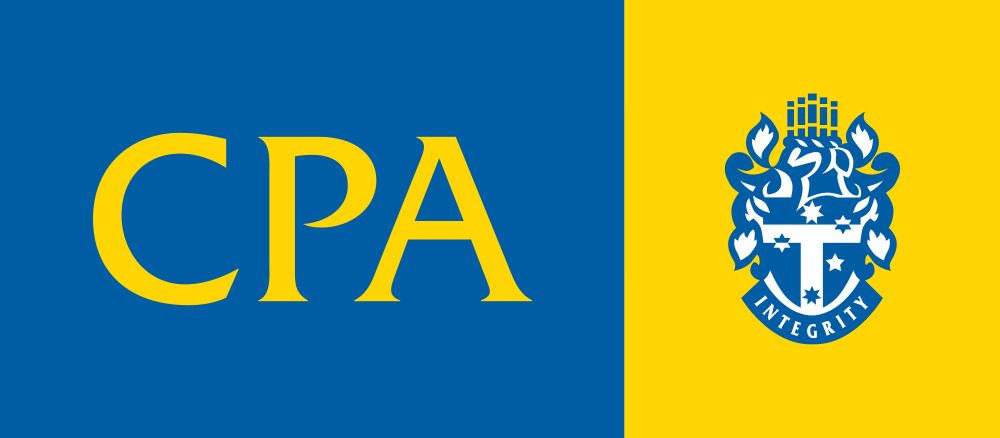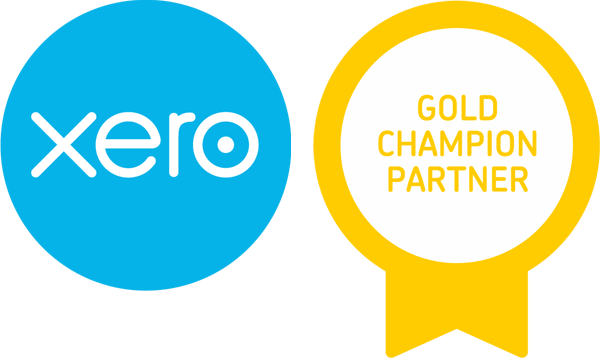The annoying reality of non-arm’s length transactions
What is a non-arm's length transaction?
Parties are usually 'at arm's length' if they are unrelated and neither entity is effectively controlled by the other. If you are dealing with a related entity or associate, all transactions are considered to be non-arm's length and can be scrutinised to ensure that the ATO has not missed out on a taxing opportunity.
Meaning of related entity
A related entity or associate is any of the following:
- your relative (the person's spouse, parent , grandparent, brother, sister, uncle, aunt, nephew, niece, lineal descendent or adopted child of that person, or of that person's spouse; or the spouse of a person referred to here).
- a partnership in which your relative is a partner.
- the relative of a partner in the partnership;
- an individual who is or has been a director of a company for the income year;
- an entity that is or has been a shareholder in a company of that kind;
- the relative of an individual who is or has been a director or shareholder of a company of that kind;
- a beneficiary of a trust;
- the relative of a beneficiary of a trust;
And the list goes on!
How is this treated for Income Tax purposes?
There is specific legislation that requires market value substitution for non-arm's length transactions, including for purchasing trading stock, remuneration to associates (such as relatives, shareholders and directors), and international transactions (known as transfer pricing).
Generally, you can only claim a deduction for the market value of a cost, regardless of how much you pay to a related entity. And vice versa with income, you must declare income for sale of an item at market value, regardless of how much you sold it for to a related entity.
How is this treated for Capital Gains Tax (CGT) purposes?
Where a CGT asset is acquired or disposed of at less or more than fair market value in a non-arm's length transaction, the asset will be deemed to be acquired/disposed of at fair market value for capital gains tax purposes. This means that where you are dealing with a related entity when purchasing or selling a CGT asset, you must have supporting evidence of market value, you cannot simply rely on the agreed value or financial exchange as a basis for calculating any capital gains tax liability. This happens more often than you realise, with CGT assets being passed between family members or transferred from one entity structure to another for discounted or no consideration.
There are some concessions for small businesses who are transferring assets to an alternative structure that can be adopted if appropriate.
How is this treated for GST purposes?
A basic principle of GST is that, for there to be a taxable supply, the supply must have been made for consideration.
However the GST Act provides that the fact that a supply to your associate is without consideration does not stop the supply being a taxable supply if either your associate is not registered for GST or the supply is not solely for a creditable purpose (that is not input taxed or private in nature).
Where a taxable supply is made to an associate for less than the market value, the taxable supply will be treated as if it were made for market value, rather than the actual consideration received.
What is Market value substitution?
The ordinary meaning of Market Value is the price that a willing but not anxious buyer would have to pay to a willing but not anxious seller for the item. Market value has also been described as the best price that may reasonably be obtained for a property if sold in the general market. In addition, all possible buyers should be taken into account, even a buyer who, for their own reasons, is prepared to pay an excessive price.
If shares are listed on a stock exchange, the most appropriate market to use for determining value is normally the stock exchange market. If considerable amounts are involved, a tax payer would be prudent to obtain the services of a qualified value where there is any doubt as to the fair market value.
The take away message
Take care when recording and documenting transactions with relatives and associates and consider whether the market value should be ascertained and documented for evidential purposes (especially when acquiring assets that might be subject to future capital gains tax). If you are unsure if this poses an issue for you, please give us a call to chat about your particular circumstances.




